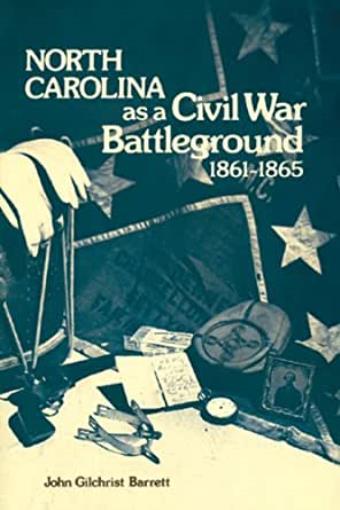
He forged ties with Cosa Nostra groups and Colombian drug lords in Boston, Los Angeles, Miami, and New York. Vyacheslav Ivankov built an international operation that included narcotics, money laundering, and prostitution. Russian and Russian American crime groups rose to prominence in the 1990s (Finckenauer 1994 Handelman 1995). In the 1970s, for example, Nikki Barnes established a seven-man African American syndicate to control heroin distribution in Harlem (Barnes and Folsom 2007). Throughout the twentieth century, black organized crime groups have been active in gambling, prostitution, and other rackets (Schatzberg 1993). During roughly that same period, the Westies, an Irish American New York City gang, engaged in extreme violence, sometimes at the behest of one of the Cosa Nostra families, often in furtherance of drug trafficking (English 1990). The mostly Irish American Winter Hill Gang in Boston, which flourished from the 1960s to the 1980s, is a good example (Lehr and O’Neill 2001).

There is no denying Italian American dominance among organized crime groups, at least since the late 1930s, although non–Italian American groups have sometimes competed and sometimes cooperated with a Cosa Nostra family. The academic and popular treatment of organized crime in the United States, including in this essay, overwhelmingly focuses on Italian American Mafia or Cosa Nostra “families.” This is justified by their longevity alliances with political, business, and law enforcement elites in numerous cities political and economic power headline-making assassinations and colorful depictions in print, movies, and television series. In this essay I describe their rise and fall.

Relentless investigation and prosecution of Cosa Nostra members and associates, legalization of gambling, increased competition in other black markets, dramatic decline of private sector unions, waning influence of urban political machines, disappearance of Italian neighborhoods, and emergence of new organized crime groups have all contributed to the decline of the Cosa Nostra families.

Relentless law enforcement coincided with socioeconomic and political changes that greatly weakened the Cosa Nostra families.Īs the second decade of the twenty-first century draws to a close, the Cosa Nostra crime families are shadows of their former selves. After Hoover’s death, the FBI made eradicating organized crime a top priority. FBI Director Hoover denied the existence of a national organized crime threat. For decades they faced little risk from law enforcement. The families also profited from gambling, illicit drugs, loan-sharking, prostitution, and pornography, and they extorted protection payments from other black marketeers. Control of labor unions gave them power to determine the companies that could operate in various sectors and enabled them to establish employer cartels that rigged bids and fixed prices, and provided opportunity to exploit pension and welfare funds. The families seized opportunities during the early twentieth-century labor wars and under national alcohol prohibition from 1919 to 1933. ' … useful to any reader interested in the changing aspects of warfare and should be requi]red reading for strategists of the twenty-first century.The Italian American Cosa Nostra crime families are the longest-lived and most successful organized crime organizations in US history, achieving their pinnacle of power in the 1970s and 1980s. offers a number of intriguing insights about the direction of strategy in the context of risk.' Yee-Kuang Heng - Lecturer in International Relations, University of St Andrews … a valuable contribution to the existing IR literature on strategy and security.' Weaving together various theoretical developments on risk research from otherwise disparate disciplines of sociology, criminology and international relations, and demonstrating their explanatory power in contemporary questions of war and question is itself a creditable achievement. 'The overall quality of The Risk Society at War is testimony to the careful research and analysis that underpins the book. Martin Shaw - Professor of International Relations and Politics, University of Sussex Rasmussen should be read by everyone concerned with today's strategic dilemmas, as well as by social scientists interested in risk.’ ‘At last a book that connects military strategy into the debate on 'risk society'. I hope that politicians and generals alike will read it - they should.’Ĭhristopher Coker - Professor of International Relations, LSE This is a path-breaking book - original, insightful and uniquely important. ‘In illuminating detail, Rasmussen outlines how strategic thinking in the early twenty-first century has been reshaped by the concept of risk.


 0 kommentar(er)
0 kommentar(er)
